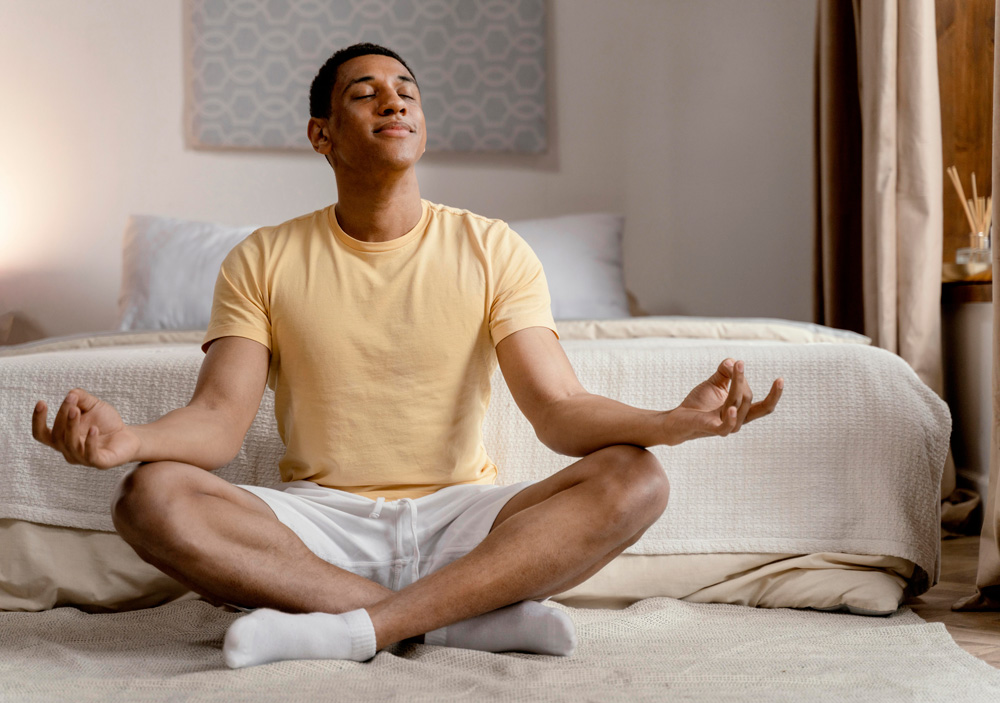
Living with depression can be an overwhelming and isolating experience, affecting every facet of one’s life. While there are various treatment options available, Transcranial Magnetic Stimulation (TMS) has emerged as a promising and effective alternative for many individuals. In conjunction with this innovative treatment, incorporating self-care practices tailored to support mental health can amplify its benefits and contribute to a more holistic recovery.
Understanding TMS Treatment
Before diving into the realm of self-care, it’s crucial to grasp the basics of TMS treatment. This non-invasive procedure involves the use of magnetic fields to stimulate specific areas of the brain associated with mood regulation. TMS has shown significant success, especially for those who have not responded well to traditional forms of treatment like medication or therapy.
The Synergy of Self-Care and TMS Treatment
While TMS treatment targets the physiological aspects of depression, self-care serves as the nurturing counterpart, addressing the emotional, psychological, and lifestyle dimensions. Integrating self-care practices into your routine can create a synergistic effect, enhancing the overall effectiveness of TMS treatment.
Mindful Meditation
Mindfulness meditation is a powerful self-care tool that complements TMS treatment. It involves cultivating awareness of the present moment without judgment. Regular meditation has been linked to changes in brain structure and function, aligning with the goals of TMS treatment. Practices such as deep breathing and guided meditation can help manage stress, improve focus, and create a more stable emotional foundation.
Establishing a Routine
Depression often disrupts daily routines, making it challenging to maintain a sense of structure. TMS treatment, in combination with a consistent daily routine, reinforces stability. Establishing a schedule that includes regular sleep patterns, meals, and exercise can contribute to a more positive outlook. This stability not only complements the physiological effects of TMS, but also reinforces a sense of control and predictability in one’s life.
Physical Exercise
Physical activity is a well-established component of self-care that aligns seamlessly with TMS treatment. Exercise releases endorphins, the body’s natural mood elevators, and can counteract the symptoms of depression. TMS therapy aims to recalibrate neural pathways, and regular exercise supports this process by promoting neuroplasticity—the brain’s ability to adapt and reorganize itself.
Creative Expression
Engaging in creative activities provides an emotional outlet and fosters self-expression, which can be particularly beneficial for those undergoing TMS treatment. Whether it’s painting, writing, or playing a musical instrument, creative endeavors stimulate the brain in unique ways. TMS treatment focuses on targeted stimulation, and creative expression complements this process by encouraging diverse neural pathways to thrive.
Isolation is a common challenge for individuals with depression, and TMS treatment may intensify this feeling during the treatment period. Actively seeking social connections, even in small doses, can counteract the tendency to withdraw. Whether it’s joining a support group or simply spending time with loved ones, fostering social bonds aligns with TMS treatment’s goal of enhancing overall well-being.
Depression self-care, when integrated with TMS treatment, creates a powerful synergy that addresses the multidimensional nature of the condition. By incorporating mindful meditation, establishing routines, embracing physical exercise, engaging in creative expression, and nurturing social connections, individuals can amplify the positive impact of TMS treatment on their mental health. This comprehensive approach empowers individuals to actively participate in their well-being, fostering a sense of control and resilience in the face of depression. As TMS treatment continues to revolutionize mental health treatment, these self-care practices stand as pillars of support, nurturing the mind, body, and spirit on the journey to recovery.
 What It Really Means to Be Diagnosed with OCD
What It Really Means to Be Diagnosed with OCD
Social Connection